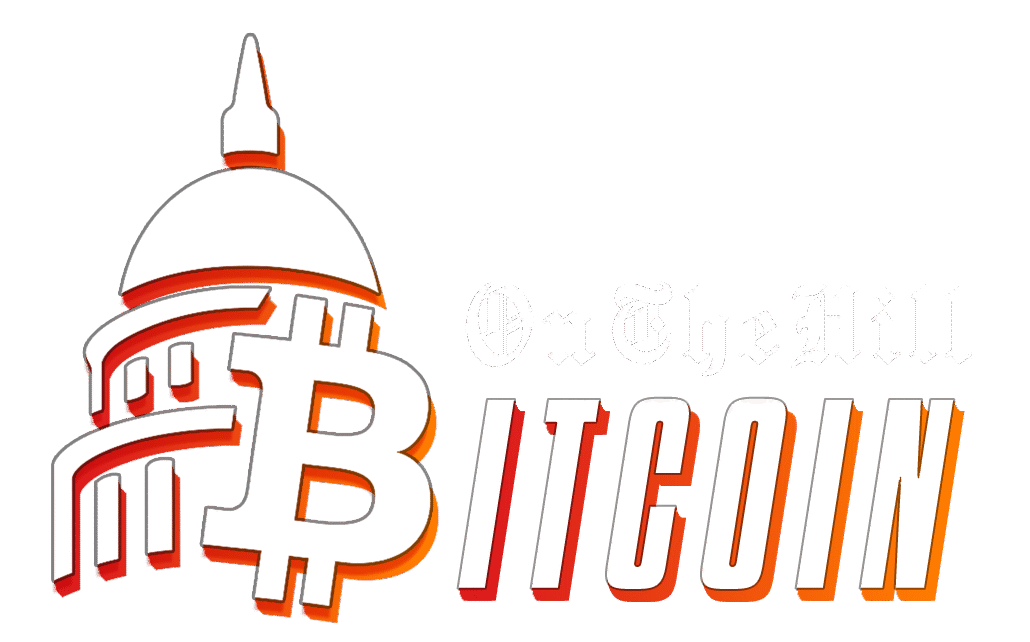
Wall Street’s Next Crypto Play: Who Really Benefits?
So, you keep hearing about crypto shaking up finance, revolutionizing how money moves, changing everything. Now, giants like Nasdaq want in, pitching plans to turn stocks into digital “tokens” that live on blockchains. Sounds high-tech and disruptive, right? But hold on—Ondo Finance just rang the alarm, urging the Securities and Exchange Commission (SEC) to hit pause on Nasdaq’s ambitious project. The reason? Major transparency gaps that could put regular people—yep, especially young investors—at a huge disadvantage.
Let’s get real: when Wall Street talks about “innovation,” we all need to ask, who actually wins? And what will this mean for how we invest, pay rent, or even vote on policies that shape our financial future?
What’s Nasdaq Up To—and Why the Pushback?
Nasdaq’s plan is to “tokenize” regular stocks. Basically, they want to create digital versions of shares—think a stock meets bitcoin—with the promise of faster, cheaper, 24/7 trading. It’s not just a tech flex for Nasdaq; it’s a sign that even the most traditional institutions want what crypto can offer.
But here’s where things get messy. According to Ondo Finance, Nasdaq’s proposal is built on some hand-wavy assumptions, especially around how the Depository Trust Company (DTC) would settle trades after the tokens start flying. There just isn’t a clear plan for what happens if something goes wrong—and that means possible risks for anyone who invests, including first-time traders and young people hoping to build some wealth outside of old-school systems.
Transparency: The Missing Piece Young Investors Need
Younger Americans—especially anyone wrestling with epic rent hikes, student loan debt, or being ghosted in the job market—deserve more than financial buzzwords. When massive new systems are launched without real details, guess who usually ends up holding the bag? It’s rarely the hedge funds or Wall Street execs. It’s the retail investors—many of them under 35—just trying to get ahead.
If Nasdaq’s plan is greenlit without clear accountability, it could set a precedent: big finance gets to experiment, and we’re stuck with the fallout if their systems glitch. Are we supposed to trust that the “magic of blockchain” will fix everything? Or do we demand to see the receipts before trillions of dollars in assets move onto these new rails?
Crypto Hype vs. Real Economic Impact
There’s no doubt that making stocks tradable 24/7 is cool. But will that benefit the average young investor, or will it widen the divide between those with inside access and those just starting out? Think about this: most American adults under 40 are already facing wealth gaps, limited savings, and pricier basics. Opaque systems only make it harder to stand a chance.
Some politicians claim that embracing crypto and tokenized assets is a way to democratize finance. Sounds great—if the system is actually fair. Without transparency, do these promises just give Wall Street even more control, while young investors play catch-up?
And here’s a question: if you buy a tokenized stock but don’t really understand the tech, and there’s a hiccup with the DTC or Nasdaq’s new structure, who makes things right? Will the SEC step in… or just say “buyer beware”?
The Policy Side: Who’s Really Watching Out for Us?
Regulation isn’t just red tape—it’s supposed to protect people from shady deals, especially when technology outpaces the rules. As big exchanges charge ahead, younger voters should ask policymakers where they stand. Are candidates pushing for strong audits, public oversight, and the kind of transparency that lets everyone understand the risks? Or are they just rubber-stamping whatever Wall Street repackages as “innovation”?
Some lawmakers have called for comprehensive crypto regulations, but real, practical consumer protections keep lagging behind the hype. With Nasdaq and other financial powerhouses jumping in, the next generation of voters needs clear answers—not just promises of opportunity, but guarantees that these new markets won’t blow back on everyday Americans.
How This Hits Your Wallet—and Your Vote
Tokenized stocks could reshape everything from how you invest for retirement to how companies raise money to who controls the levers of the next financial crisis. If systems stay murky, and you lose out because of a tech error or Wall Street loophole, you could end up paying more for rent, having less for emergencies, or seeing your hard-earned savings vanish in a digital glitch.
This isn’t some far-off crypto drama. It’s the latest front in a fight over who gets to shape the rules of the economy you’ll live in for the next 30+ years. Politicians talk a big game about empowering young Americans—but if policies let old institutions dominate new tech without real transparency, it’s just a remix of the same old power structures.
Your Generation, Your Financial Future—Time to Push Back?
Here’s where it gets real: do you trust Wall Street to innovate responsibly behind closed doors? Or should every big shift in finance happen out in the open, with enough detail for anyone—regardless of their major or LinkedIn connections—to understand the stakes?
As the SEC weighs Nasdaq’s latest plan, Ondo Finance’s warning is about more than a technicality. It’s a reminder that transparency equals power. And your voice—at the ballot box, and wherever you talk about crypto and the economy—matters. Watch how your elected officials respond. Ask the tough questions. And don’t just accept “disruption” as an excuse for leaving regular people in the dark.




